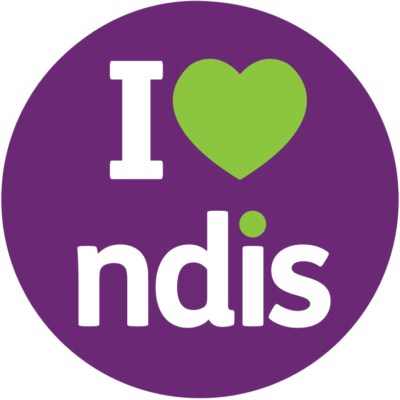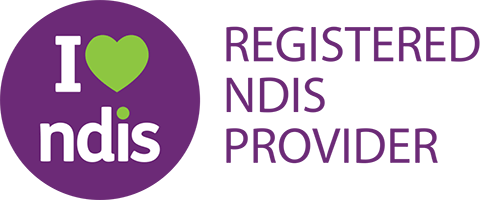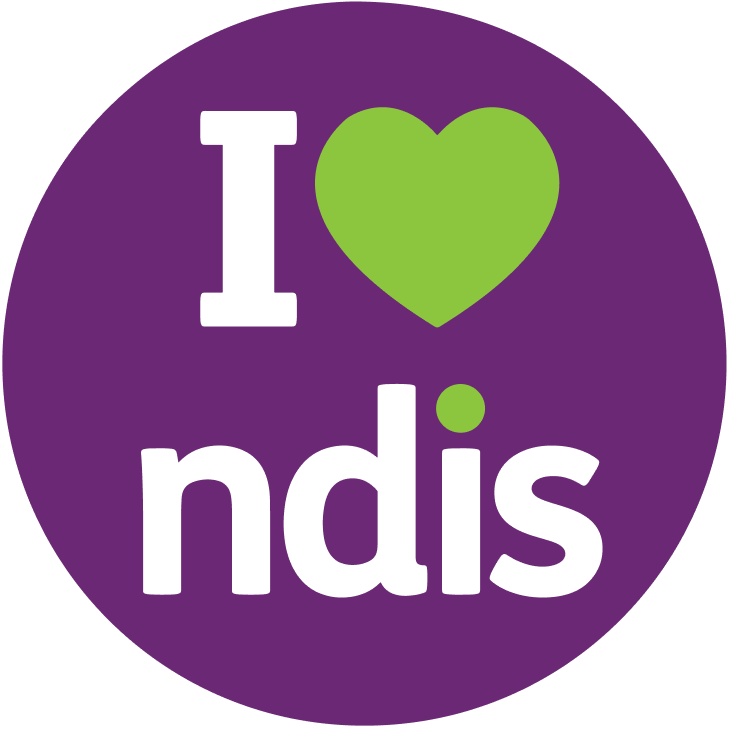How should I deal with a client’s money or property?
Under the NDIS Practice Standards, therapy assistants must meet the following quality indicators in order to ensure clients’ assets are secure and can be used under the client’s autonomy:
- Clients money or property can only be used with their consent, and only for purposes specified by the client. If a provider (or worker) is given access to the client assets, there must be a process enacted to ensure the assets are protected, managed and accounted for.
- Clients should be supported to access and spend their own money as they wish.
- Clients are not given financial advice or information.
In general, Fora does not recommend that a therapy assistant handle a client’s money or property.
For example, therapy assistants should not take money from a client to make a purchase for them when they are not present or take a client’s bank card to withdraw money out of an ATM for them.
A situation where a therapy assistant can ‘handle a client’s money’ might be if they are at the shops and the therapy assistant is assisting the client with transferring the money to the vendor or if the client requests assistance with counting cash or change.




